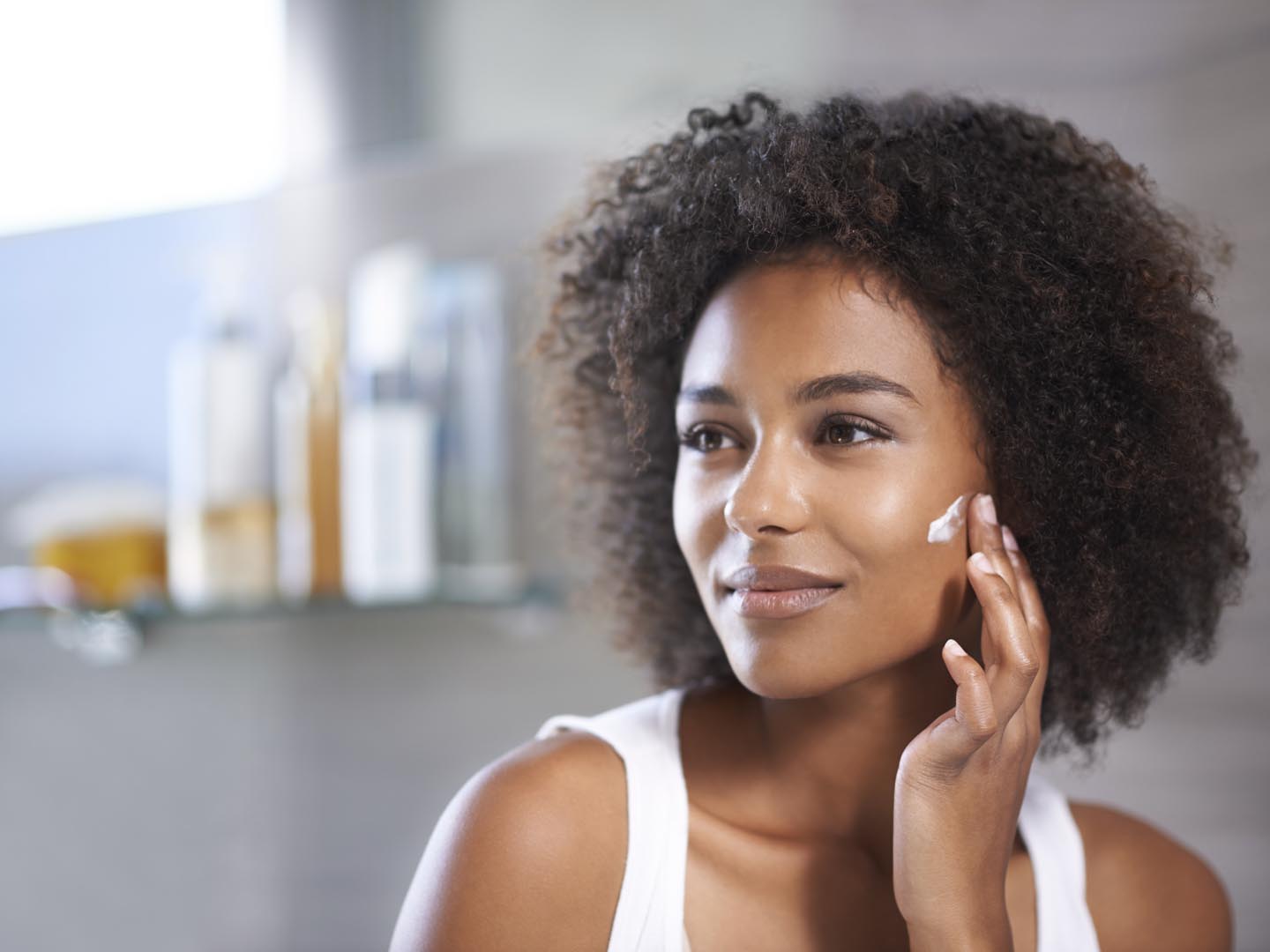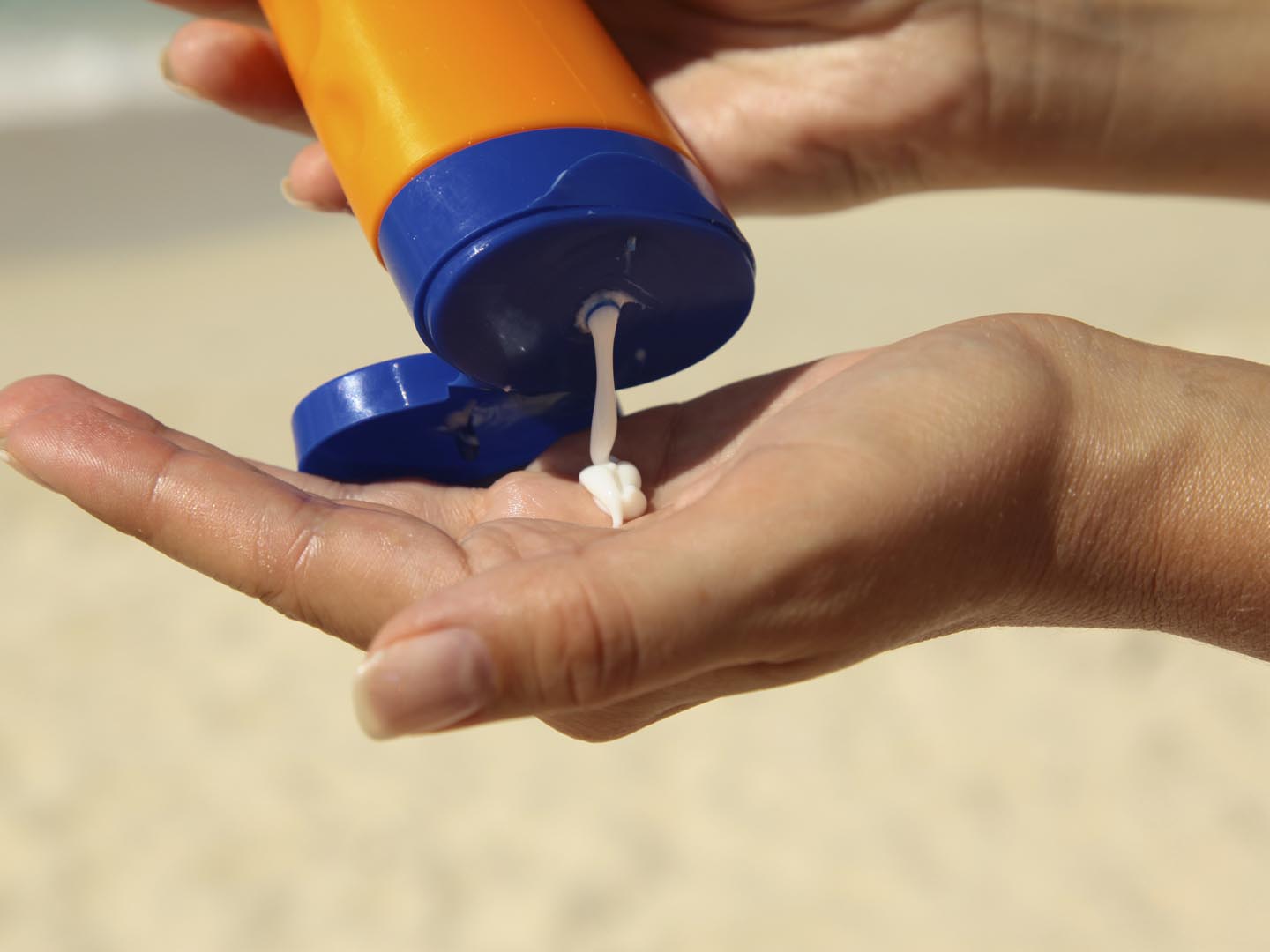Can Sunbathing Prolong Your Life?
After all we’ve heard about the dangers of spending too much time in the sun, I’ve read that people who sunbathe actually live longer. Is this a joke?
Andrew Weil, M.D. | October 9, 2017

It’s no joke, but don’t toss your sunscreen just yet. Here’s the story: a Swedish study published in 2016 found that women sunbathers lived longer than those who avoided the sun. Researchers who tracked 29,518 women for about 20 years found that those who spent more time in the sun had less heart disease and fewer non-cancer/non-heart disease deaths than women who spent less time in the sun. (Men were not included in the study.) Not surprisingly, the sunbathers had an increased risk of skin cancer, but their skin cancers had “better prognosis”.
The study found that the women sun worshippers had less heart disease, diabetes, multiple sclerosis and pulmonary disease, as well as fewer deaths from disorders other than cancer. Over time, however, they were more likely to be diagnosed with cancer. The investigators attributed this to the fact that these women lived longer – by seven months to two years.
The study doesn’t prove that additional sun exposure is the reason these women lived longer – it just shows an association between sunbathing and less heart disease and other possible causes of death. The researchers tried to account for other factors that could have explained the difference: asking whether the sunbathers smoked less or followed healthier diets, but none of these seemed significant. (They had no access to exercise information.) In fact, the researchers reported that at age 60, women smokers who were among the most active sunbathers had a two-year-longer life expectancy during the study period than smokers who avoided the sun. Nonsmoking women who avoided the sun had the same life expectancy as sunbathing smokers.
We don’t know what it is about sun exposure that might account for the findings. Since the sun’s ultraviolet light triggers production of vitamin D in the body, it is possible that higher levels of D might explain the benefits of sunbathing, especially for people living at high latitudes. Further studies are needed to investigate this possibility.
While I wouldn’t bank on sunbathing to add years to your life, it is true that most adults are not getting enough vitamin D, which we need for bone health and, more and more research suggests, for protection against a number of diseases, including many types of cancer. Our best source of vitamin D is sun exposure. The trick is to know how much is enough. That depends on where you live and your skin type.
Andrew Weil, M.D.
Source:
Pelle G. Lindqvist et al, “Avoidance of sun exposure as a risk factor for major causes of death: a competing risk analysis of the Melanoma in Southern Sweden cohort.” Journal of Internal Medicine, October 2016, doi: 10.1111/joim.12496











